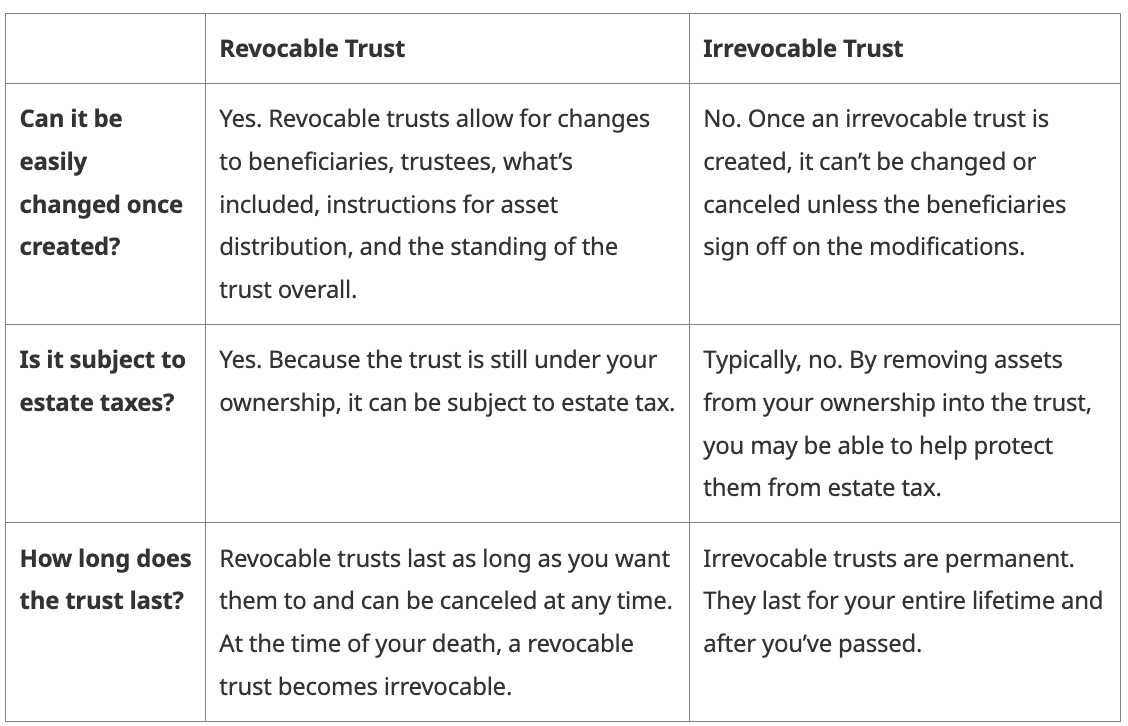More Americans are dealing with tax filings for trusts as older boomers pass away
More Americans are dealing with estate and trust taxes as their baby boomer parents and older loved ones pass away.
The number of income tax returns for estates and trusts (Form 1041) increased by 14.9% to 3.24 million in 2021 from 2.82 million in 2020, according to Accounting Today. Similarly, the number of forms used for estimated income tax for estates and trusts (1041-ES) totaled 644,024 in 2021, or 1.6% higher than the previous year.
Tax professionals are seeing similar upticks this tax-filing season as the largest wealth transfer from baby boomers to younger generations continues — bringing with it some more complex tax questions about trust arrangements.
“As baby boomers are well into their golden years, there is an increased desire to help the next generation manage their inheritance, [but also] a fear they will squander their legacy, causing them to create trusts to pass assets efficiently to the next generation, but with some control being exercised from the grave, if you will,” Tom O’Saben, an enrolled agent and director of tax content and government relations at the National Association of Tax Professionals (NATP), told Yahoo Finance. “As a result, there are more taxpayers with trusts.”

Greatest wealth transfer
A total of $84.4 trillion in wealth will be transferred through 2045, according to figures from market intelligence firm Cerulli Associates. Of that, $72.6 trillion in assets will go to heirs, with the remaining $11.9 trillion donated to charities. Baby boomers will transfer 63% of this wealth — to the tune of $53 trillion — while the Silent Generation and older individuals will pass on $15.8 trillion, largely over the next decade.
While 42% of those transfers are projected to come from high-net-worth and ultra-high-net-worth households, the remaining 58% of transfers will happen between less affluent households who may for the first time seek out a professional.
“We have seen an increase in the number of trust filers for the past two years due to the passing of a loved one and questions on trust administration issues,” Dwight Nakata, a certified public accountant and financial planner at YNCPAs, told Yahoo Finance.
Many find out there’s a trust after the death of a loved one when they try to access funds from the bank or an investment account, only to discover that a trust is named as the beneficiary through a payable-on-death (POD) or transfer-on-death (TOD) document.
“People don’t talk about it to avoid family in-fighting, so they say, ‘your father and I have taken care of it,’ and put instructions in a trust,” O’Saben said. “It’s the classic Rain Man example to stop a child that’s a spendthrift from using his special needs brother to raid the trust.”

What is a trust?
Trusts allow the grantor — the person who creates the trust — to make decisions about the distribution of assets outside of probate court, keeping it off the public record. There are two types of trusts: revocable or irrevocable.
Revocable trusts are made while the grantor is living and can be changed. Typically, the grantor is also the trustee and responsible for tax obligations. However, a revocable trust becomes an irrevocable trust after the grantor’s death.
An irrevocable trust cannot be changed and lasts after the grantor’s death. A grantor can create an irrevocable trust while they are living. If a loved one has died, then you are dealing with an irrevocable trust and the successor trustee is responsible for any tax filings, depending on the trust’s assets.

Trustee’s obligation to file taxes
Although a taxpayer may be a beneficiary of a trust, it is the job of the trustee to manage the affairs of the trust — including filing tax returns.
Many times the grantor chooses a family member to be the trustee, but that person doesn’t find out until after the grantor’s death, as the grantor could have changed trustee designations before their death. The trust will indicate who is the successor trustee and backup trustee.
If you are designated as the trustee, it is important to reach out to a lawyer and an accountant before doing anything like filing taxes. A lawyer will explain the terms of the trust, assets, who gets what, and the obligations and duties of the trustee.
“Trustees should consult the attorney that wrote the trust, understanding that a tax professional is not an attorney and can’t interpret the legal underpinnings,” O’Saben said. “Then bring in the accountant or financial planner that was involved in the planning of the trust.”
The accountant will help navigate tax concerns like whether the trust needs to file Form 1041 or 1041-ES and get a tax identification number (TIN). Much depends on the type of assets in the trust and what the trust document itself dictates.
Form 1041 is the income tax return for trusts and estates, whereas Form 1041-ES is a voucher for sending estimated tax payments when a trust owes tax.
“Since there is an increase in 1041-ES filings, that means more estimated taxes are being submitted for trusts, meaning more trusts owe tax because they are retaining income rather than distributing it each year to beneficiaries,” O’Saben said.
If you found out last year that you were named a trustee or beneficiary of a trust after the death of a loved one, consult a lawyer and a tax professional to determine tax filing obligations.
“Persons thrust into the role of being a trustee are often well outside their comfort level for dealing with these instruments and their responsibilities as a trustee,” O’Saben said. “Most turn to a tax professional to guide them because improper handling of a trust may create unforeseen tax consequences, disgruntled beneficiaries, or — even in dramatic cases — litigation by these same persons against the trust and/or the trustee.”
Ronda is a personal finance senior reporter for Yahoo Finance and attorney with experience in law, insurance, education, and government. Follow her on Twitter @writesronda
Read the latest financial and business news from Yahoo Finance
